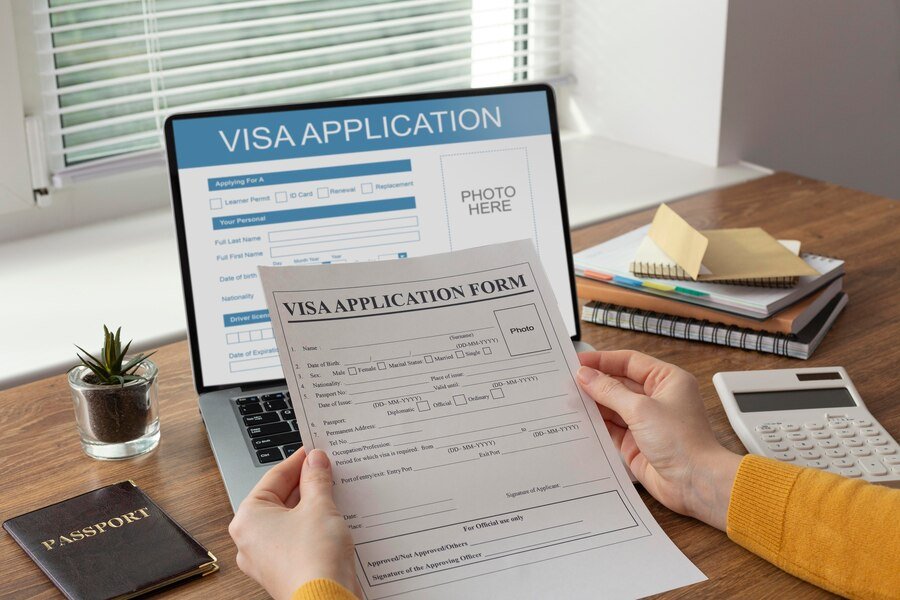Are you dreaming of studying in New Zealand, renowned for its breathtaking landscapes and exceptional education? If so, understanding the New Zealand Study Visa process is essential. While many are familiar with the basics, there are several lesser-known details that can make your journey easier and more successful. Here are the top 10 things you didn’t know about the New Zealand Study Visa process.
1. Different Types of Study Visas
You might think there’s just one New Zealand Study Visa, but there are actually several types, each catering to different needs:
- Fee-Paying Student Visa: For students enrolling in courses at institutions requiring tuition fees.
- Exchange Student Visa: For those participating in exchange programs between their home country and New Zealand.
- Pathway Student Visa: For students intending to study a series of courses leading to a final qualification.
Choosing the right type of visa can streamline your application and ensure you meet all requirements.
2. Choosing the Right Course Matters
When applying for a New Zealand Study Visa, it’s crucial that the course you select is on the List of Approved Education Providers. This list ensures the institution meets Immigration New Zealand’s standards. Enrolling in an approved institution is vital not only for visa approval but also for ensuring your qualification is recognized internationally.
3. Proof of Funds
One of the less obvious requirements is demonstrating you have enough funds to support yourself. This involves showing that you can cover tuition fees, living expenses, and other costs. Acceptable proof includes bank statements, sponsorship letters, or affidavits of support. Ensure these documents are current and accurately reflect your financial situation to avoid complications.
4. Health and Character Requirements
Did you know that meeting health and character requirements is part of the New Zealand Study Visa process? Depending on your stay’s length, you might need to provide medical certificates or undergo a health check. Additionally, a police certificate may be required to verify a clean criminal record. These steps are crucial to ensure your application proceeds smoothly and helps avoid situations where your NZ Visa is declined due to health or character issues.
5. Role of a Visa Application Centre
In many countries, you don’t have to deal with Immigration New Zealand directly. Visa Application Centres (VACs) handle visa applications, providing guidance, collecting documents, and sometimes offering tracking services. If there’s a VAC near you, it can simplify the process and ensure that all your paperwork is properly submitted.
6. Visa Processing Times
Processing times for the New Zealand Study Visa can vary. On average, it takes about 4 to 8 weeks, but delays can occur, especially during peak times or if additional documents are required. To avoid issues with your start date, apply as early as possible. Checking the current processing times on the Immigration New Zealand website can help you stay informed.
7. Student Insurance Requirements
Health insurance is not always mandatory for New Zealand Study Visa holders, but it’s highly recommended. Health insurance helps cover medical expenses during your stay. Some institutions may even require proof of insurance before you can enroll, so it’s best to arrange this ahead of time.
8. Working While Studying
Many international students on a New Zealand Study Visa are allowed to work part-time. Typically, you can work up to 20 hours per week during the academic term and full-time during holidays. However, visa conditions may vary based on your course and visa type. Always check your specific visa conditions to avoid any violations that could lead to complications.
9. Visa Conditions and Compliance
After receiving your New Zealand Study Visa, adhering to visa conditions is crucial. These conditions might include maintaining full-time study, making satisfactory academic progress, and updating Immigration New Zealand with any changes in your contact details or course enrollment. Non-compliance can lead to serious issues, including having your NZ Visa declined or even cancellation.
10. Visa Extensions and Changes
If you need to extend your stay or alter your course while in New Zealand, you must apply for a visa extension or a new visa. For extensions, apply before your current visa expires to prevent any gaps in your legal status. If your course changes, ensure the new course meets visa requirements to avoid issues. Failing to do so could result in your NZ Visa being declined or other complications.
Conclunsion
Understanding the New Zealand Study Visa process goes beyond just completing an application form. From selecting the right course to meeting health and financial requirements, many details are crucial for a smooth application. Being aware of these lesser-known aspects can help you avoid potential pitfalls and ensure a successful study experience in New Zealand.
If you’re ready to take the plunge and study in New Zealand, make sure you do thorough research, gather all necessary documents, and comply with all visa requirements. For more information, visit the official Immigration New Zealand website or consult an education advisor. With the right preparation, your dream of studying in New Zealand can become a reality.












































